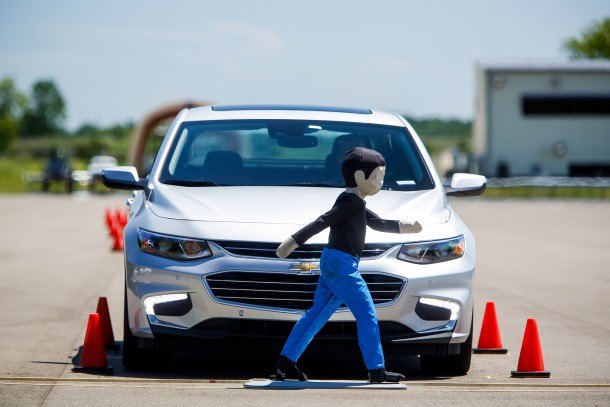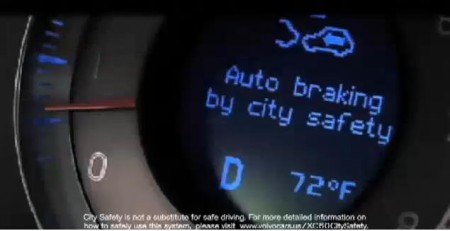#Autobrake
When Will Automatic Braking Become Standard Equipment?
There was a time when seat belts were considered unnecessary, reserved as an optional extra for motorists who ventured out onto roadways in a state of white-knuckle fear. What pathetic bags of flesh, many thought, wrapping themselves in a polyester harness because they can’t handle themselves on the road — thinking it will save them from the reckoning of sheet metal and glass.
We know better now. Seat belts are proven life savers and advanced restraint systems are compulsory for both automakers and occupants. That will likely be the path of automatic emergency braking takes as well. Nissan announced Thursday it would make auto braking systems standard on a large portion of 2018 models sold in the United States. Toyota is doing the same. But the technology is not yet ubiquitous, nor has it acquired universal public approval. Many worry it could be too invasive or provide a false sense of invincibility, so it could be a while before AEB becomes expected equipment on all new models.
Automatic Braking Might Be Coming to Your Next New Car, Whether You Like It or Not
Safety technology tends to have a trickle-down journey. ABS, airbags, and other technologies we now take for granted have slowly bee adopted over the years and are now standard equipment. The next technology to join that group might be automatic braking — or autobrake — depending on from what company you buy your next new car.
Ten automakers, along with the NHTSA and IIHS, have agreed to make automatic braking standard on their cars going forward.


















Recent Comments